Post
A catch
Save a catch to start your fishing logbook. You will be able to to share it with the community if yo want!
A fishing trip
Post an ad to go fishing with other fishermen
Save a catch to start your fishing logbook. You will be able to to share it with the community if yo want!
Post an ad to go fishing with other fishermen
Share a thought, a question with the community
My favorite cities
×Join our 466 fishermen and our 1 cofisherman in Sigingstone in Vale of Glamorgan. The fishing forecast is currently 3.3. The most caught fishes here are the ling fish, the dab fish, the european eel and the john dory fish. Come try the most famous fishing techniques like the support fishing for sea bream, fishing techniques for sea bream, surfcasting fishing for sea bream or the bichi-bachi.
Our fishing forecast of Sigingstone indicates the best time to go fishing in this city.
The Ling fish
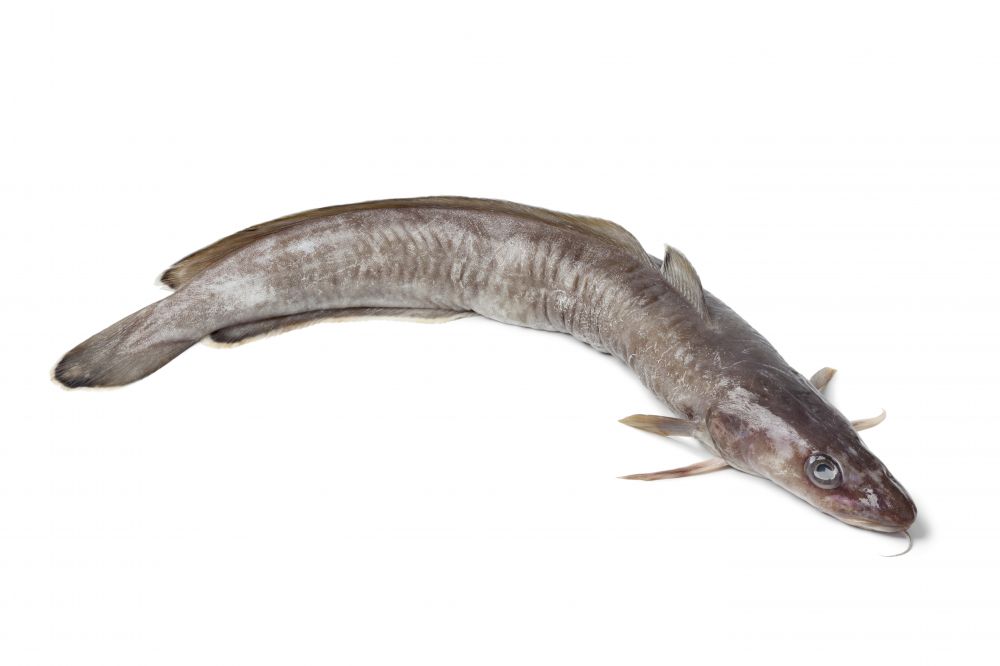
The Ling fish belongs to the Lotidae family. It generally measures 1.60 m in adulthood, but can reach a height of 2 meters and weigh up to 45 kg. Its longevity is estimated at 10 years for males and 14 years for females. Breeding takes place from March to July. The female can lay up to 60 million eggs. It can be fished all year round except in winter. The Ling has a cylindrical and very elongated body. The head is flattened with a prominent upper jaw. The fairly long chin barbell is larger than the diameter of the eye. This species has two dorsal fins and one anal fin. The first dorsal fin is shorter and often shows a black spot on the back, the second one runs the rest of the body to the tail. The black caudal fin has a white border on the tip. It is uniformly greenish brown in color, but slightly darker dorsally in adults. The young are often lighter, with its coloring more or less marbled orange.
The Ling fish is a famous fish you can catch in Sigingstone.The Dab fish
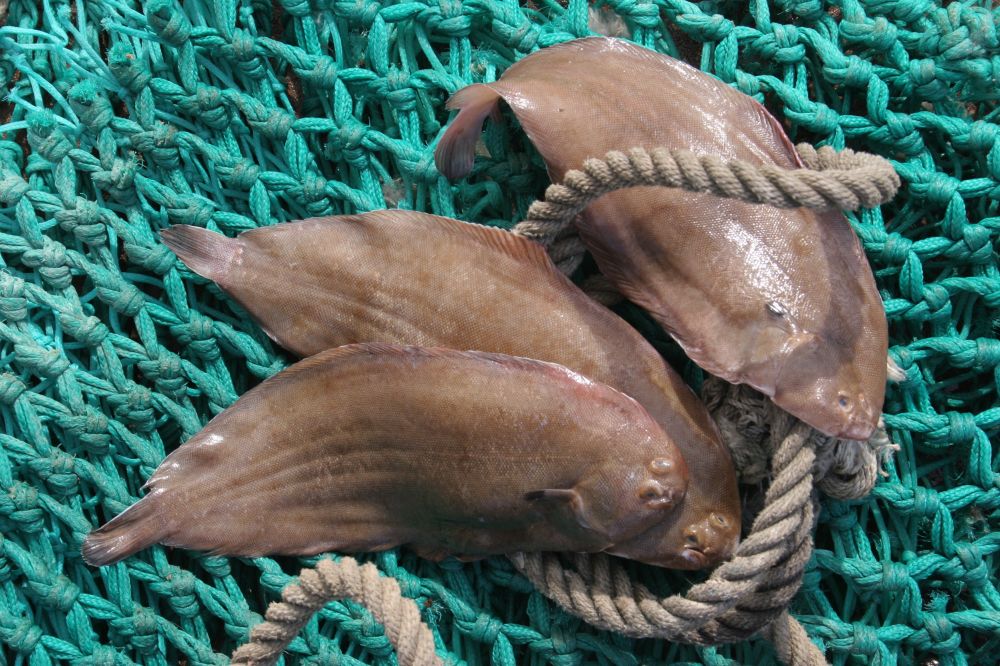
The Dab fish belongs to the Pleuronectidae family. It has an average size of 25 to 40 cm with an average weight of 1 kg. It has a lifespan of 12 years. The Dab fish breeds from February to April. The female lay up to 150,000 oocytes. The Dab fishing is open from October to Mars. the minimum catch size is 25 cm. The Dab fish, scientifically named Limanda Limanda, is a teleosteal species that belongs to the pleuronectidae or flatfish family. It has a flattened body with a more or less oval shape. The eyes of this dexterous fish are both generally located on the right side. The animal has a tiny mouth with small teeth. Its lateral line is curved at the pectoral fin. A characteristic feature that allows it to be easily distinguished from other species with similar morphology such as flounder. Thin scales cover the upper surface of the flounder, making its skin rough to the touch. The back is golden or yellowish brown in color and has dark spots. The belly or blind face is white. Varying from beige to light brown, the general color of dab allows it to blend in with the backgrounds.
The Dab fish is a famous fish you can catch in Sigingstone.The European Eel
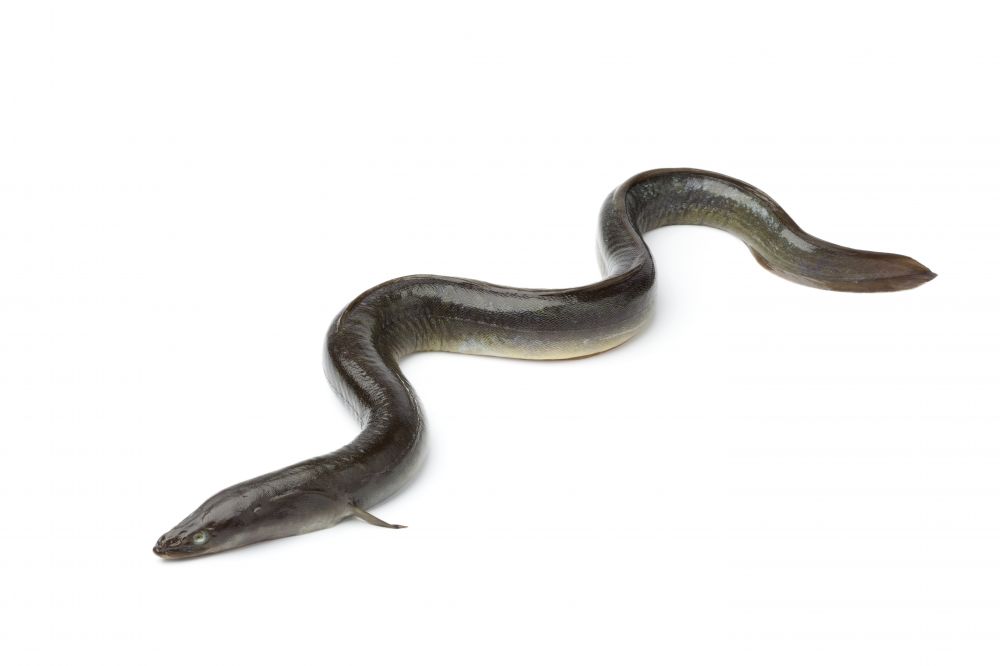
The European Eel belongs to the Anguillidae family. The european eel can reach a maximum size of 1.50 m and a weight of 3 kg. However, males rarely exceed 45 cm. The current size is more modest and varies between 40 and 60 cm. Its longevity is 12 to 20 years but in captivity it can reach more than 50 years. They can be fished from June to September. The European eel has a snake-like body, with a circular cross-section and very elongated. The body is covered with smooth, viscous skin, rich in thick mucus-secreting cells. The scales are small, oval and deeply embedded in the skin. It has a small round eye and a terminal mouth. The lower jaw is prominent. The color of the eel varies as it grows. In the yellow eel stage, it has a brownish, greenish or yellowish color depending on its habitat (homochrome). The lateral line is not very visible. In the silver eel stage, the back is dark green, the sides have silvery highlights and the belly is pearly white. The lateral line becomes very visible. The body of the European eel does not have pelvic fins. The pectoral fins, the only even fins, are small. On the other hand, odd fins (dorsal, anal, caudal) are very long and fuse at the tail.
The European Eel is a famous fish you can catch in Sigingstone.The John Dory Fish
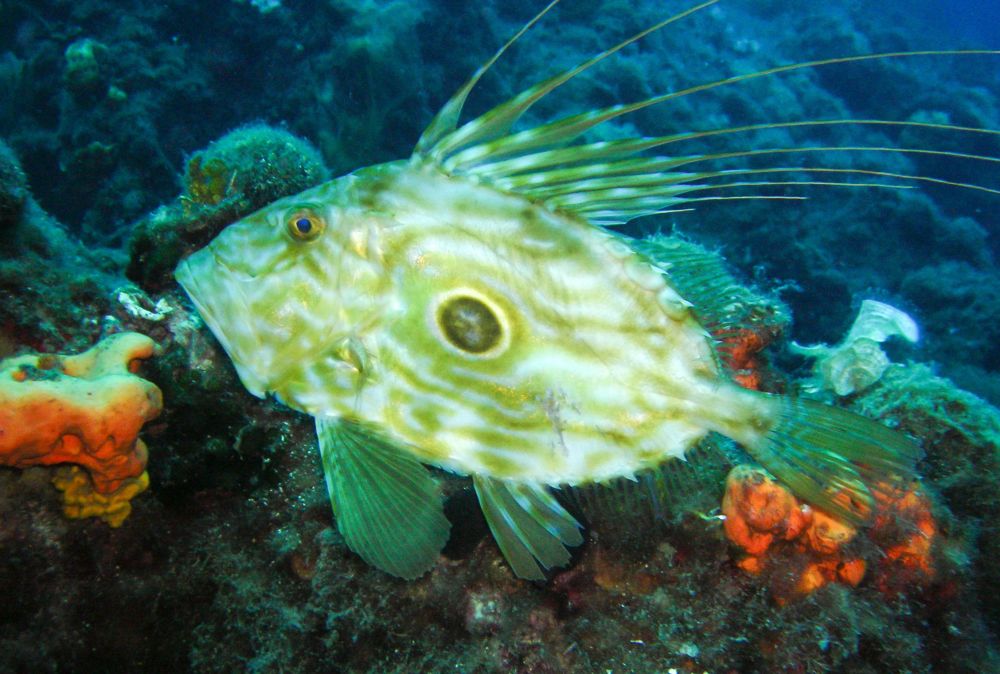
The John Dory fish belongs to the Zeidae family. It measures 30 to 50 cm on average and can reach a maximum weight of 8 kg. It can live up to 12 years. This fish is caught all year round but more easily from April to July. This fish has a high body and very strongly compressed laterally. Its head and the base of its fins carry thorns and bone ridges. The filaments carried by the dorsal fin are very long in juveniles and gradually regress until the animal reaches its adult size. Its eyes are high and his protractile mouth is widely split. An arched lateral line can be seen above the pectoral fins. Its color varies from grey-green with silvery to golden yellow reflections, often marked by longitudinal mottling. A large black eye patch surrounded by grey adorns the middle of each flank.
The John Dory Fish is a famous fish you can catch in Sigingstone.The Pollack fish
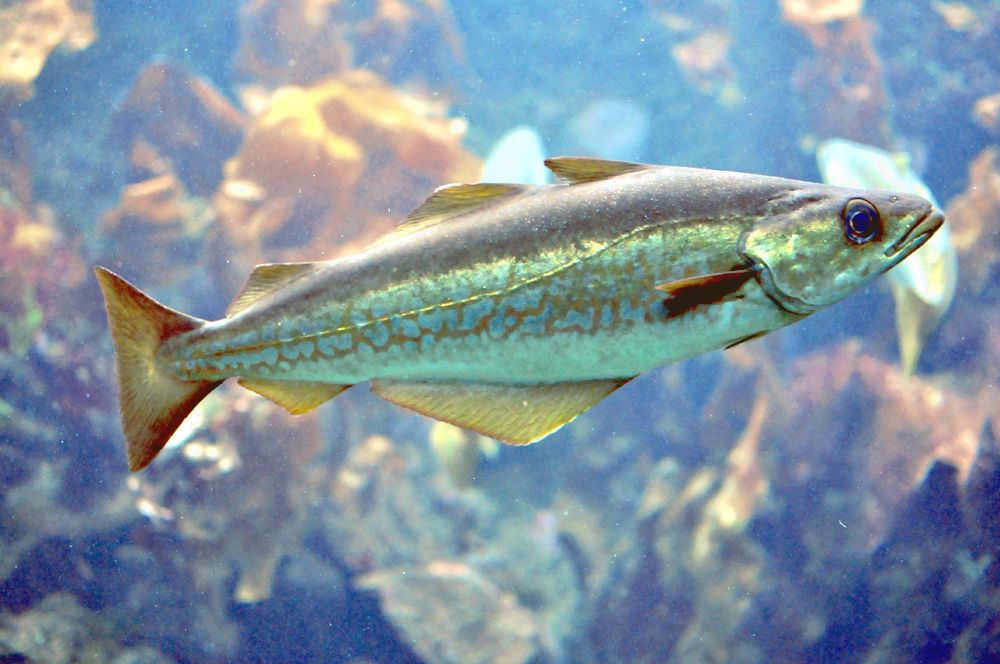
The Pollack fish belongs to the Gadidae family. Its size can reach 1.40 m for an average of 60 to 80 cm. The Pollack grows very quickly and lives between 8 and 10 years, while most pelagic fish have a lifespan of more than 20 years. Reproduction takes place in February March. Fertility can reach 4 million eggs. It can be fished all year round. Elongated body, covered with small scales, orange-yellow color, darker on the back, marbled in young individuals, bright yellowish white in adults. Prominent lower jaw, big eye. The dark-colored lateral line is curved at the pectoral fins, which makes it easily distinguishable from the black locus (Pollachius virens) in which it is straight. The Pollack, like many Gadidae, has three clearly triangular dorsal fins and two anal fins. It is one of the few Gadidae that does not have chin barbells. Juveniles are rather reddish brown with longitudinal stripes of blue-grey.
The Pollack fish is a famous fish you can catch in Sigingstone.Our fishing forecast of Sigingstone indicates the best time to go fishing in this city.
Our fishing forecast of Sigingstone indicates the best time to go fishing in this city.
Our fishing forecast of Sigingstone indicates the best time to go fishing in this city.
